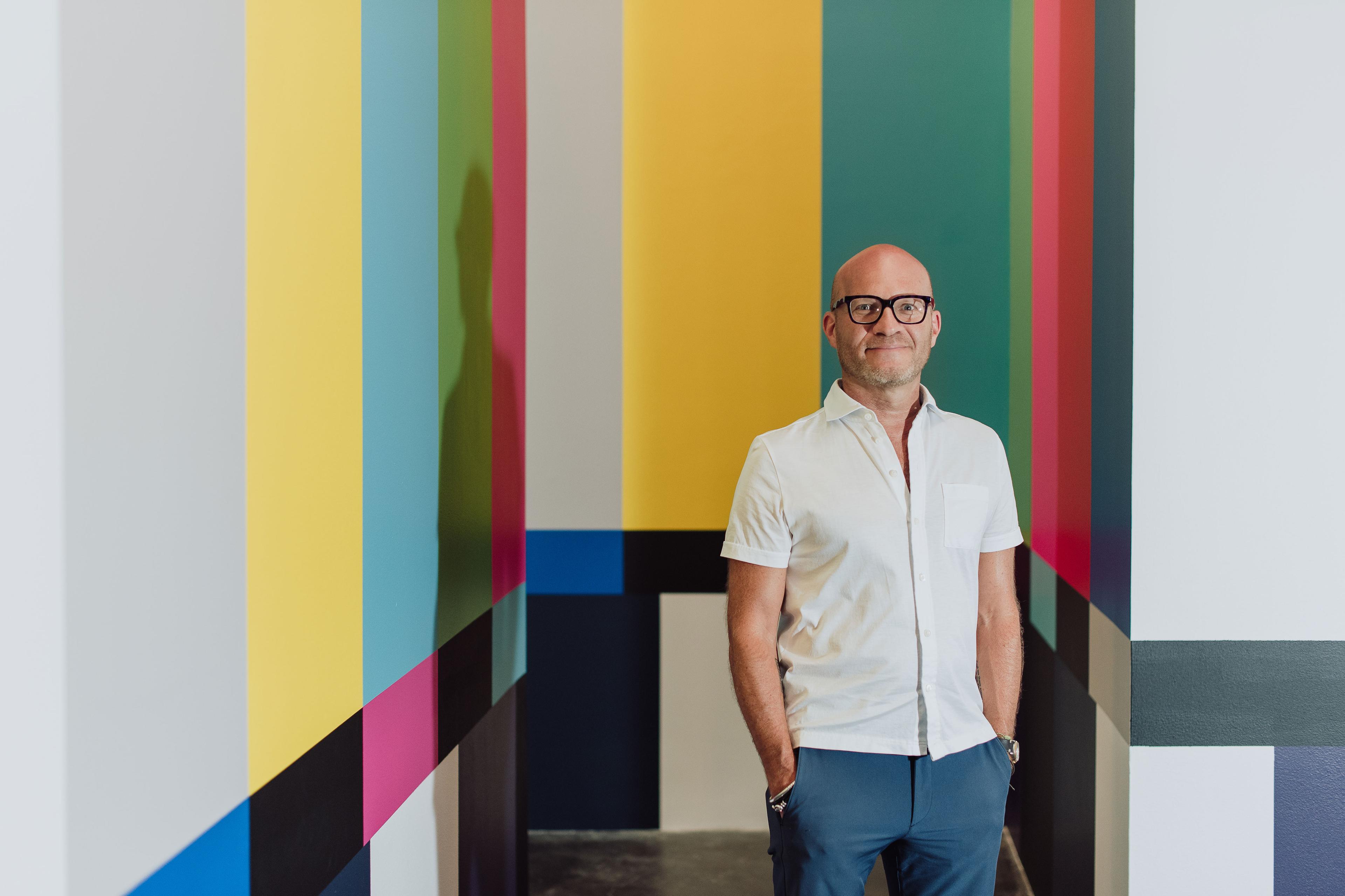

The head of the Museum of Contemporary Art Denver will step down in June 2019. Adam Lerner will leave his post as the MCA’s Mark G. Falcone director and chief animator after nearly 10 years in the role, the museum announced Tuesday.
His departure from the institution doesn’t mean goodbye to Denver for Lerner. He feels “like I could do more for the city” and he’ll stay after his MCA contract ends.
“I could enrich more people’s lives and maybe have more of an impact... not as a museum director,” Lerner said.
For Lerner, the time was right because the MCA is in a stable place both financially and creatively.
The MCA credits Lerner with more than doubling the museum’s audience, leading major fundraising efforts, establishing an art lending library, creating innovative programs, particularly ones geared toward younger visitors, and for organizing exhibits that attracted international attention, including shows dedicated to contemporary artist Jean-Michel Basquiat and DEVO’s Mark Mothersbaugh.
“Adam has been instrumental not only in making MCA the heart of Denver’s cultural community, but also in rethinking the role of a traditional art institution by launching groundbreaking programs that are now mimicked around the country,” Mike Fries, MCA board chair said in a statement.
Lerner plans to take time off “do nothing... and get back to zero.” He then hopes to “pursue new creative ventures outside of the museum platform.”
“The first job of a museum director is like the health of the museum and I would be doing a disservice to my institution if I prioritize my own experimentation,” Lerner said. “And that’s why I feel like it’s important to just step away from that role. I am taking my own risks for myself.”
The MCA will conduct a national and international search to find a successor.
Lerner hopes whoever leads the organization next will understand something he considers fundamental to the museum: “We have a very serious approach to our arts and our exhibitions, but we also don’t take ourselves too seriously and therefore we’re able to have a very informal relationship with our audiences.”









